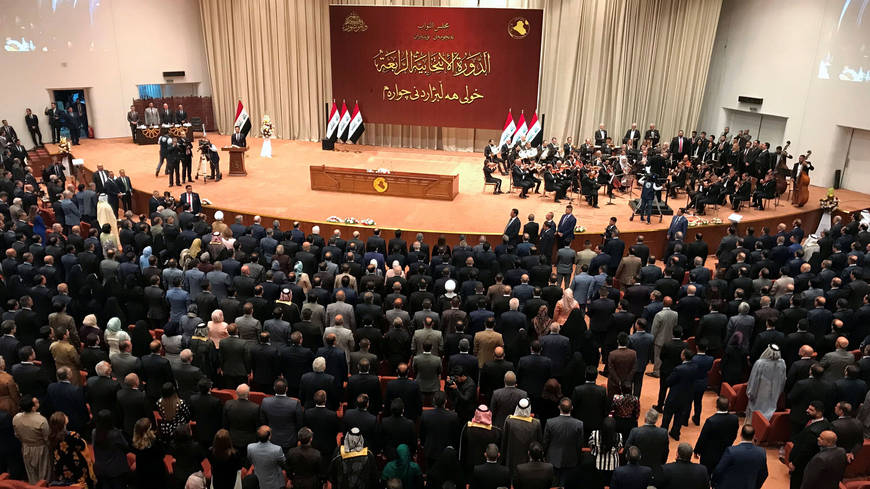From the Al-Bayan Center for Planning and Studies. Any opinions expressed are those of the author(s), and do not necessarily reflect the views of Iraq Business News.
The Prospects Of Establishing A Sovereign Wealth Fund In Iraq
Throughout history, financial crises have been met with innovative reform plans that help develop the resilience of a country’s economic system, except when it comes to Iraq.
All major oil producing countries have developed sovereign wealth funds to help mitigate the effects of potential price drops on their economies, but Iraq has yet to do so.
This has not only resulted in temporary budgetary issues for Iraq, but has also allowed serious economic challenges to become entrenched in both the political and social structures of the country.
A first glance at the current economic crisis would suggest the need for a sovereign wealth fund (SWF) to overcome the impact of oil price drops.
However, Iraq’s economic challenges stem from legacy issues. Therefore, can a SWF help alleviate these historical challenges and bring about reform?
In effect, can a tool for financial diversification become a means for political and socio-economic reform?
Click here to read the full report by Mohammed Hussein Baraka.
The post Establishing a Sovereign Wealth Fund in Iraq first appeared on Iraq Business News.

